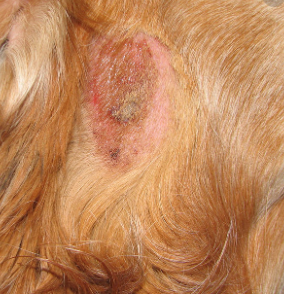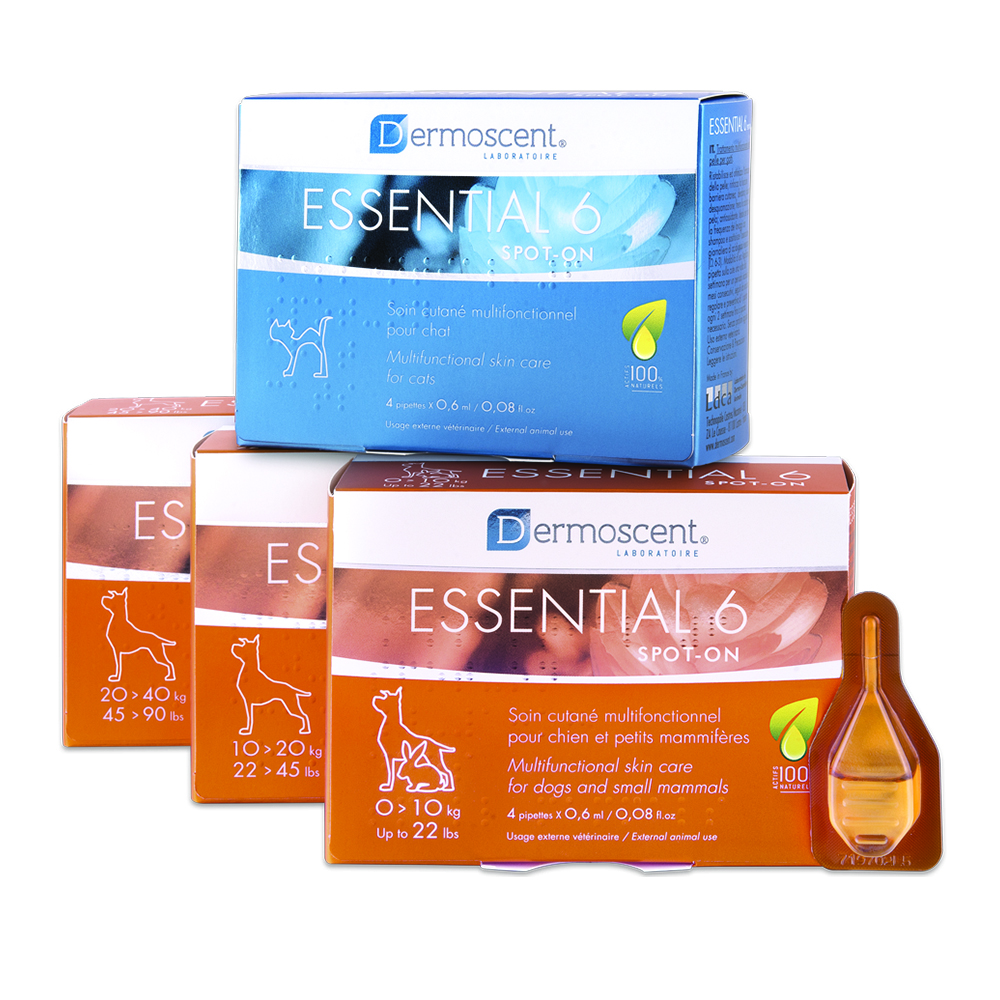Drop them like it's hot!
Posted by by Colt H. on 24th Aug 2020
Drop them like it's hot!
What is Pytotraumatic Dermatitis?
Pytotraumatic Dermatitis has many names. It is also known as
acute moist Dermatitis or superficial canine pyoderma. The most commonly
recognized term is "hot spots." Hot spots are caused by moisture or
allergens becoming trapped underneath your pet's hair coat. These cause the
skin to become irritated or inflamed for both dogs and cats.
When the weather is warm out, you will notice an increase in
Pytotraumatic Dermatitis (Hot Spots) on your pet, your friend's pets, and your
pet's pets should they have any of their own.
You may have seen your pet itching more than usual. This excessive scratching, chewing, or licking can be damaging to your pet if treated improperly. These hot spots can show up in as few as ten minutes of chewing or scratching. All pet parents must be prepared to properly handle these situations while improving the quality of life for their pets. These may be unsightly or terrifying to see as a pet parent, so we are here to help guide you.

First, remain calm. These hot spots are not dangerous if you
properly disinfect, treat, and prevent your pet from continuing to gnaw or
scratch at the affected area. If you feel uncomfortable doing this yourself, we
always recommend you seek veterinary care. Your Veterinarian will always
provide the best recommendation on how to maintain your pet's health properly.
If you feel comfortable being a do-it-yourself pet parent or
have received instructions from your Vet already, have no worries. The spot
itself can be treated at home in a place where your pet feels safe and
comfortable. It is not recommended to use certain products that may make it
worse, or even make your pet feel hurt or become aggressive. Let's go over some
things you should NOT do when treating a hot spot.
Do not use something that stings (May cause your pet to
attack, be aggressive, or become scared).
Do not use human topicals. Some of these may prove to be toxic for your pet. For instance, Zinc Oxide and be toxic to your pet if they lick it.

Applying Treatment:
The MOST IMPORTANT thing you should do after this, is treat the source. This means:
Great flea control all year
Maintaining your pet’s coat (Cleaning and trimming)
Cleaning ears
Antibacterial shampoos can also be used to prevent this issue
Do all this, and you will be able to prevent or treat hot spots. As always, we recommend speaking to your Veterinarian for the best care possible. After all, our Pet Wish fur babies are valued family members. If you need an idea on where to start, here are some products recommended by almost all Veterinarians!


